FIA approves mandatory driver cooling kits for 2025
The FIA has approved the introduction of mandatory driver cooling kits in Formula 1 from the 2025 season, following incidents of heat exhaustion for several drivers. The new system will provide enhanced cooling in extreme heat conditions without the need for a dedicated air conditioning unit.
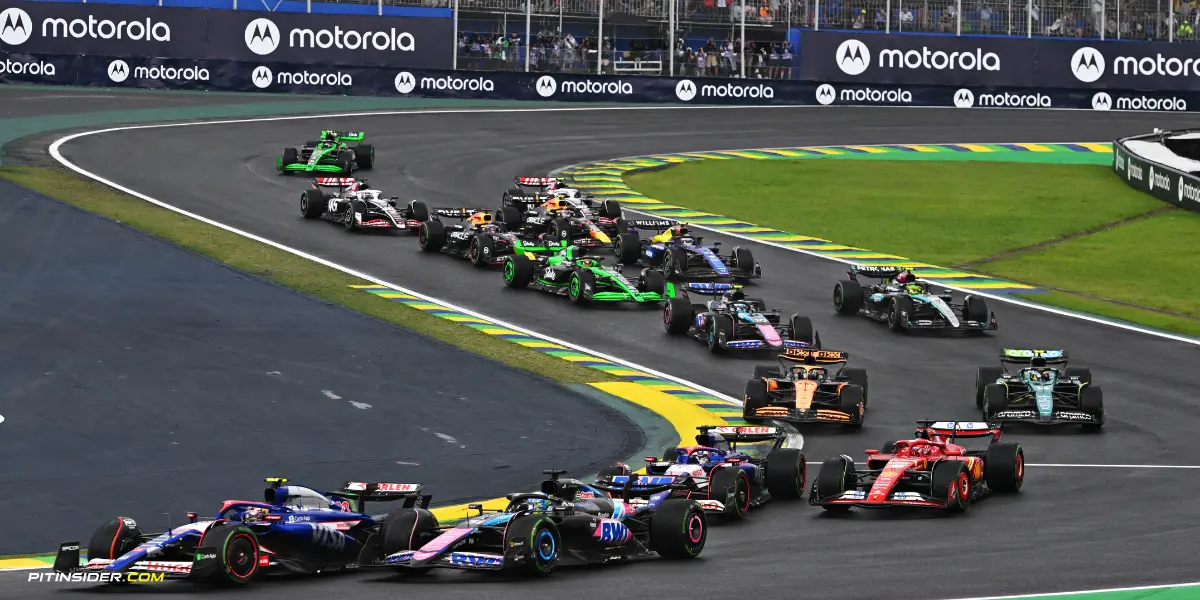
The FIA has approved the introduction of mandatory cooling kits starting from the 2025 season.
This decision comes in the wake of alarming incidents during the 2023 Qatar Grand Prix, where several competitors suffered symptoms of heat exhaustion after the checkered flag.
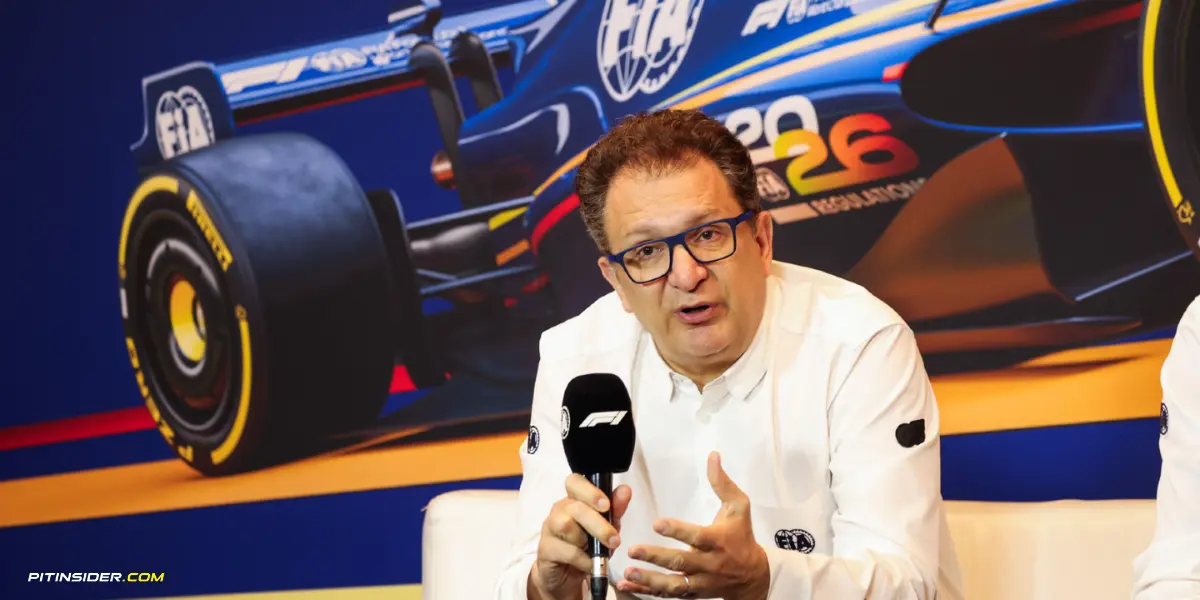
The FIA's Formula 1 Commission, chaired by the governing body's head of single-seaters Nikolas Tombazis and F1 CEO Stefano Domenicali, has formally signed off on the new regulations.
This follows months of intensive research and collaboration between the FIA, Formula 1, and all 10 teams to devise an effective solution for driver cooling in extreme heat conditions.
"The FIA will be able to mandate cooling kits in extreme heat from the 2025 Formula 1 season,"
confirmed a statement released after the Geneva meeting. Initial proposals had involved fitting a simplified air conditioning system to the cars, but the final agreed solution takes a more streamlined approach.

While the technical details are yet to be fully disclosed, Motorsport.com understands the new system will not require a dedicated air conditioning unit.
Instead, it will utilize a simplified design that still provides sufficient cooling to alleviate the distress experienced by drivers in sweltering temperatures.
Crucially, the FIA will only mandate the use of these cooling kits when extreme heat conditions are present, with the minimum weight of the cars increased correspondingly to accommodate the additional components.
"Driver cooling has become a topic since the 2023 Qatar Grand Prix, with several drivers suffering from symptoms of heat exhaustion after the chequered flag,"
the FIA statement explained.
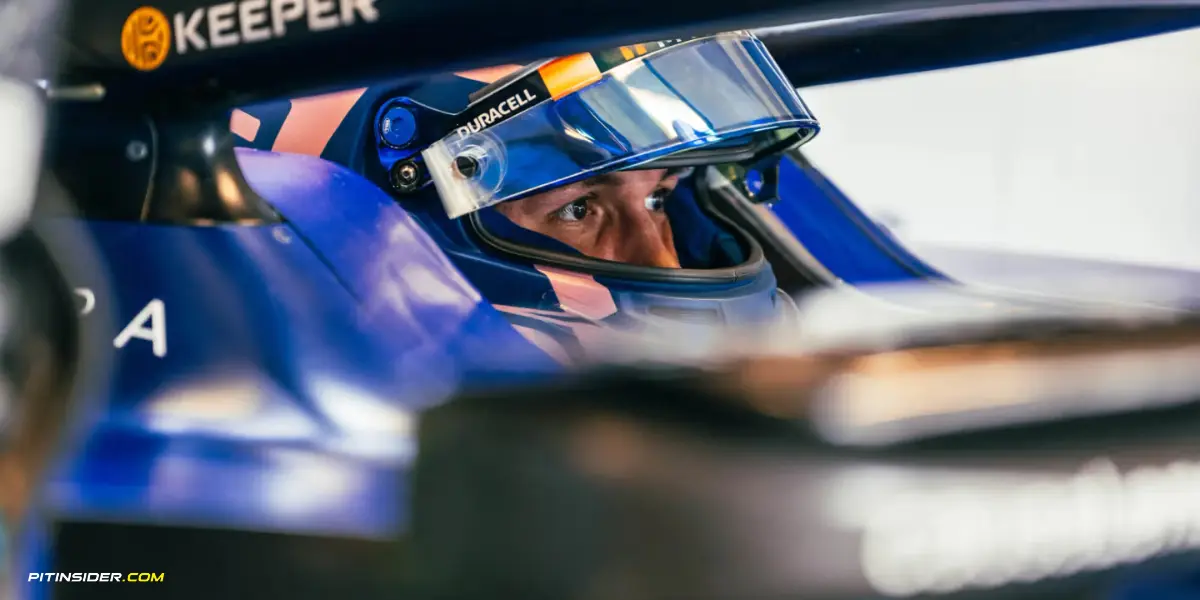
"As first reported by Motorsport.com in July, the FIA and all F1 teams initiated research to improve the venting and cooling of drivers in such extreme conditions."
The Commission's discussions also addressed another issue that emerged in Brazil last year, when Williams driver Alex Albon failed to make the race start following a heavy crash in qualifying.
With the team unable to repair the car in time, Albon's vacant seventh-place grid slot remained unfilled, leading to an unsatisfactory outcome.
To prevent a repeat of this scenario, the FIA will now tighten up its procedures for closing the grid.
The definitive starting order will be formed no later than one hour before the start of the race.
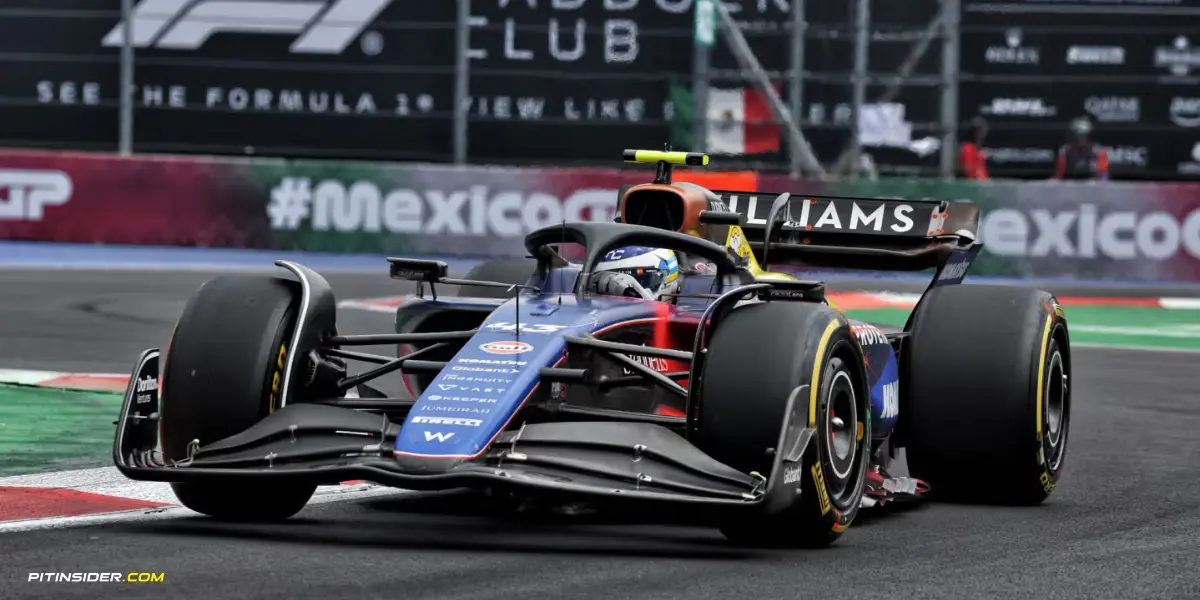
This means any cars withdrawn up to 75 minutes before the start will be excluded from the final grid, allowing the remaining cars to move up and close the gaps.
Additionally, the Commission approved expanded exemptions against the 2025 financial rules for costs relating to sustainability initiatives, as the sport continues its push towards greener technologies.
While the 2026 technical regulations were also discussed, with the FIA expressing confidence that the much-anticipated changes will be ready for approval after the 2024 season, the focus remains firmly on enhancing driver safety and comfort in the immediate future.


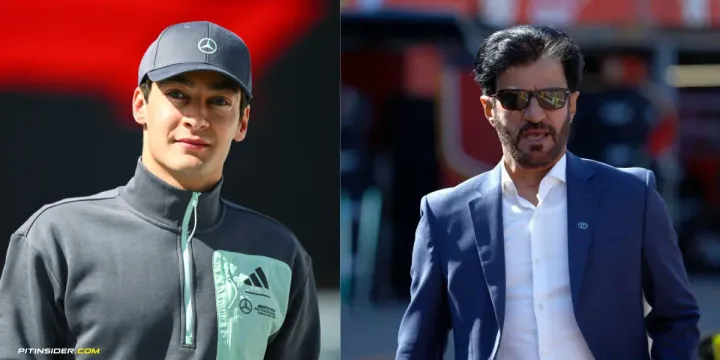

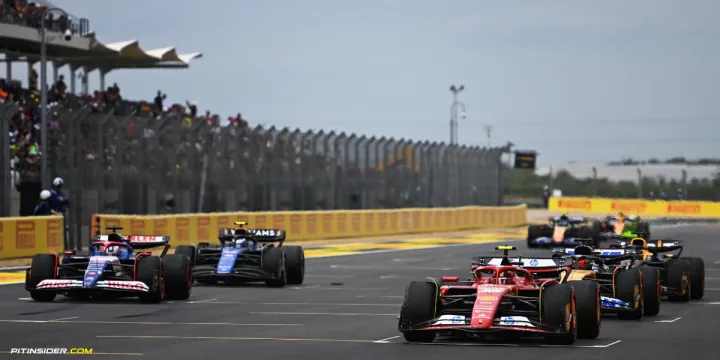
Comments ()